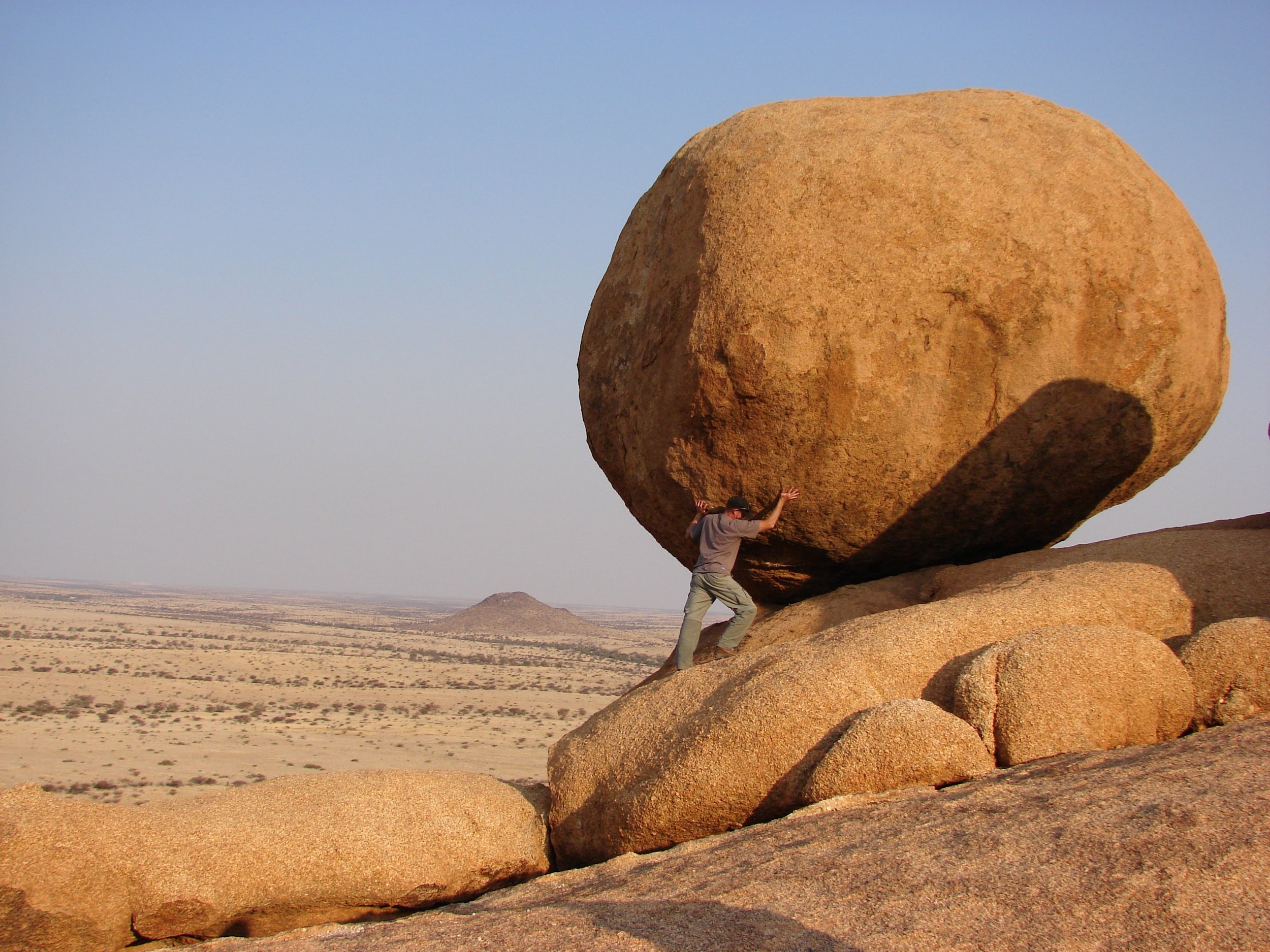The Price of Passion
Passion has a price. To both clarify and confuse this statement, let’s take a look at two of the three main definitions of the word itself. We’re going to set aside the sexual aspect of passion for today’s purposes.
The original meaning of the word passion comes from descriptions of the suffering and death of Jesus Christ, as in the passion of the Christ. The way many of us use the word passion today has to do with strong feeling, desire, deep, heart-filling joy, as in, “do work that you’re passionate about.” We talk about our passions as the activities or people that we are most drawn toward and enthusiastic about in our lives.
Many words have multiple meanings. My question today, though, is whether the passion of love and the passion of suffering can really be completely separated. Or are we doomed to suffer for what we love no matter what?
Most people want to live a passionate life, meaning that they want to pursue activities, careers and relationships that excite and inspire them. They want to contribute to something good in the world. They want to grow in love, peace, joy, etc.
If most of us want to live with passion and purpose in this way, then why aren’t we? Why are so many people suffering from anxiety, depression, fear, apathy, conflict, confusion, lack of direction, isolation, etc.?
Passion involves choice. And many people who see an opportunity to pursue a passion will fail to choose in favor of their passion more often than not. Pursuing a passion ends up costing a certain level of comfort or ease in our lives. Suffering is even an occasional side-effect.
The truth is that suffering will come to us no matter what. “In this world, you will have trouble,” Jesus said. Regardless of which choices we make, suffering is inevitable. The thing about passion, though, is that suffering in the pursuit of our deepest desires, in the pursuit of love, joy, peace, inspiration, becomes productive. (The rest of the verse is, “But take heart! I have overcome the world.” – John 16:33)
As an artist, suffering was always something that I both consciously and unconsciously came to expect in my life. The stories I heard about artists were stories about starving, turmoil, conflict, anguish– passion, yes– and extreme sacrifice. I believed that the best artwork would be the work that was born from the depths of despair. As an artist in this kind of story, I must choose to go to that place in pursuit of the art that ignites my passion.
As I confront beliefs like this one, though, I realize that there are two distinct choices. I choose whether, when and how to pursue what I love– art, creativity, connection, expression on purpose– at the calling of my soul. I also choose whether, when and how I suffer.
When I meditate on the word passion, I can see that even the suffering aspect of the word still has to do with a deep and powerful love. The spiritual application of the word to what Christ willingly did for humanity on the cross is rooted in the most profound love imaginable. Whether you believe the story or not, the possibility of a love like this still exists. His suffering was a choice. As is ours. The difference is that for Jesus, the suffering was necessary for sin’s punishment while for us, suffering is no longer required to live life to the full.
We often choose our suffering without much thought. Especially when it comes to pursuing a passion. Passion requires a certain level of obsession. Pursuing our passions asks us to devote our time, energy and resources to our dreams. Passion asks us to face fears, build boundaries and act intentionally. Not small things to do.
It’s possible that you don’t have a clear idea of what you’re even passionate about. And if you don’t know what your passions are, how are you supposed to live them? Maybe you have a general idea of what you like to do or what you want from your relationships or life circumstances, but you’ve never really clarified or prioritized these ideas. Maybe you fear the suffering that you believe must come from making more intentional choices, so you stay put. Eventually, though, you must realize that inaction will lead to more pain than action in the long run. You choose your level of suffering.
When your commitment to your passion outweighs your fears, doubts and self judgment, suffering becomes optional. You can begin to look at it as another way to help you discover who you are and what you’re made of.
So what are you passionate about? Are you living your life in alignment with your passion? What has been the price? If you’re not living your life according to your passions, or pursuing those that don’t belong to you, how are you choosing to suffer? If you’re feeling tension that you can’t explain, let down or neutral when you reach a goal, wondering why you’re doing what you’re doing or asking yourself if there’s more to life than this, you might want to do some work to connect with your passions.
Consider having a conversation with me about The Passion Test process.
Living in alignment with your passion does not guarantee a life without suffering. But choosing in favor of your own passions will allow you to release without tension that which doesn’t serve you and to embrace your true self and shine as the best version of you. I am personally going through this process right now, and I believe the positive power of passion is more than worth the price.




